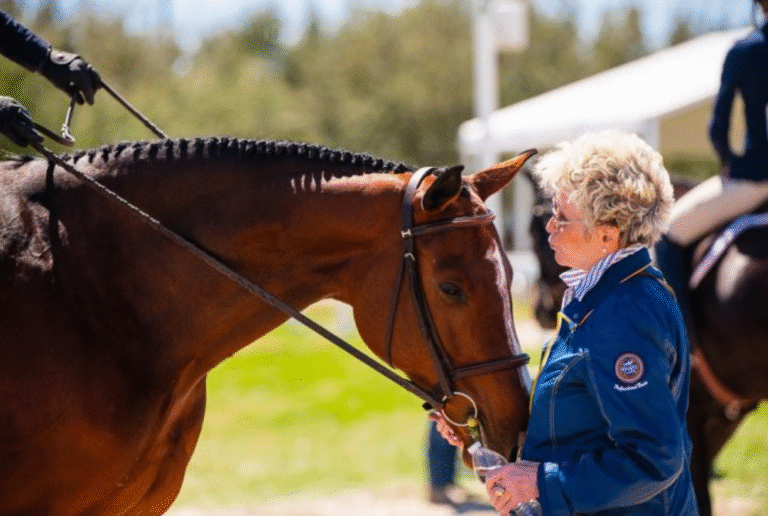The Ethics of Horse Racing: Navigating Controversy and Debate

The ethics of horse racing presents a multifaceted dilemma, intertwining animal welfare with economic interests. Stakeholders face pressing questions about the treatment and safety of racehorses, alongside the implications of gambling. As public scrutiny intensifies, the industry must confront its practices and consider reforms. This evolving landscape raises critical issues that demand thoughtful examination, leaving one to ponder whether a balance can truly be struck between tradition and humane responsibility.
The Welfare of Racehorses: Assessing Treatment and Care
Although horse racing is often celebrated for its excitement and spectacle, the welfare of racehorses remains a critical concern that demands careful scrutiny.
Analyzing training practices reveals a spectrum of care that directly impacts horse health. Inadequate attention to physiological needs and psychological well-being can compromise their overall condition, raising ethical questions about the balance between performance demands and humane treatment in the racing industry.
See also: The Environmental Impact of Horse Racing: What Are the Sustainability Challenges?
Safety Regulations: Protecting Horses and Jockeys
As horse racing continues to captivate audiences worldwide, the implementation of safety regulations has become imperative to protect both horses and jockeys from the inherent risks associated with the sport.
Ensuring optimal track conditions is vital for injury prevention, as poor surfaces can lead to accidents.
The Role of Gambling: Economic Impact and Ethical Concerns
While horse racing thrives as a major entertainment industry, the role of gambling within it raises significant economic and ethical questions.
Gambling addiction poses a risk to individuals, often exacerbating economic disparity among communities. The financial benefits of the industry must be weighed against the potential societal costs, prompting a critical examination of gambling’s impact on both participants and the broader economy.
Voices From the Industry: Perspectives on Change and Reform
Recognizing the complexities surrounding horse racing, industry stakeholders are increasingly advocating for reforms that address ethical concerns and promote sustainability.
Diverse industry perspectives highlight the necessity of reform initiatives aimed at enhancing animal welfare and ensuring transparent practices.
Conclusion
In the shadow of grandstands and the thunder of hooves, the ethics of horse racing reveal a delicate tapestry woven with threads of compassion, accountability, and tradition. As the industry grapples with the duality of spectacle and sentience, the call for reform echoes like a distant bell, urging stakeholders to prioritize the welfare of these majestic creatures. Only through transparent practices and a commitment to humane treatment can the racing world hope to transform its narrative into one of dignity and respect.



